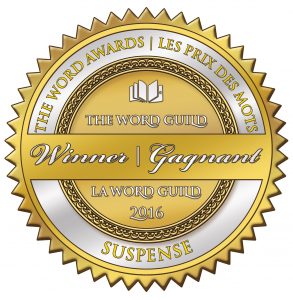Since we talked about villains on Monday, I wanted to share here the interview Emile Laud did with blogger
Suzanne Hartzman at the end of September. I hope you enjoy it as much as I enjoyed playing him.
Visiting with us today is Emile Laud a character from Sandra Orchard’s debut novel Deep Cover. To help you better follow my interview with Emile, allow me to first share a brief description of the other main characters.
Rick Gray (aka Duke Black) ~ Undercover cop working as a construction foreman on Emile Laud’s newest development—a group home for his mentally-challenged niece
Ginny Bryson ~ A web copywriter and the PR person for her Uncle Emile’s construction project. When not trying to raise funds for the project, or writing copy for her uncle or other clients, she cares for her dying mother and coaches a T-ball team of special needs players, including her sister.
Lori Bryson ~ Ginny’s eighteen year old sister who has a mental age of three to four and works in a supervised work placement during the day.
Suzanne: Your foreman Rick Gray, uh, I mean Duke, would have us believe you’re the villain of this story so I thought it only fair to give you a chance to defend yourself against these accusations. Could you tell us a little bit about yourself?
Emile: I’d be happy to. I appreciate you having me here. I honestly have no idea why Duke would think such a thing of me, especially after I gave him a job. I’m a developer. I’ve done quite well over the years. I left Miller’s Bay almost twenty years ago, following the tragic death of my wife in a house fire. I simply couldn’t bear the reminders the town held of our happy years together. But I returned a few months back to re-establish my business in the community and to give back to the town that helped launch my career by building a group home for special needs adults.
Suzanne: Tell us a little more about the group home you’re building.
Emile: Foremost, the home is for my niece Lori. With her mother dying, it’s the least I can do to ensure she has a stable home in the future.
Suzanne: Tell us what your niece Ginny is doing to help with the group home.
Emile: Her assistance has been invaluable. Thanks to her tenacious fundraising efforts and government lobbying, grants and donations toward the construction are pouring in. She is such a lovely girl, always helpful, never questions my decisions. I try to help her out however I can. She has a lot on her plate holding the family together. Her mother, my dear departed wife’s sister, was an alcoholic you know. She’s quit now, they say. I suppose with the cancer making her so sick, she had no choice.
Suzanne: Oh, I didn’t know that. No wonder Ginny thinks the world of you. In fact, most people in Miller’s Bay seem to think highly of you. Why is that?
Emile: Why because money talks my dear. Show compassion to the less fortunate, donate to a worthy cause, build a home for the needy, and everyone thinks you’re honorable. If only the insurance company was so easily persuaded. If they paid the settlement on the townhouse fire instead of dragging on a fruitless investigation, I’d be able to move forward with construction much more quickly.
Suzanne: I’ve noticed you always dress in expensive three-piece suits and eat at the best restaurants and even own a yacht. Appearances seem very important to you. Why is that?
Emile: I was poor once. Bullied by kids at school. Mocked for my secondhand clothes. Ignored by the girls. I never intend to go back to that life.
Suzanne: I see. And why doesn’t Ginny’s mother, your sister-in-law, like you?
Emile: She blames me for her sister’s death I’m afraid. It’s understandable. I blame myself. If I’d been there that night instead of working late at the office, I might’ve been able to save her.
Suzanne: What evidence does Ri—uh Duke have to make him suspect that you torch some of your buildings to collect the insurance money?
Emile: Come now, you look like a woman of the world. You know how these rumors get started. I was working late the night my wife died. And yes, so was my secretary. But that didn’t mean I was having an affair. And yes, perhaps my business endeavors have been victimized by arson attacks more than most. But any evidence he believes he has is pure conjecture I’m sure.
Suzanne: What threats are being leveled at Ginny?
Emile: < squirms, looking suddenly uncomfortable> There have been…shall we say, incidents. One nasty note she received said I know. And one way or the other, HE WILL PAY. Obviously, I’m concerned for her. Although it has occurred to me that Duke, not I, is the “he” to whom the note refers.
Suzanne: But—
Emile: I admit that a man doesn’t get to my position without creating a few enemies. That’s why I asked Duke to use his criminal connections to try to find out who’s behind the attacks on my dear niece and put a stop to them. Now, I ask you, if I were trying to hurt my niece, why would I ask Duke to protect her?
Suzanne: Hmm, good question. I guess I’ll have to read Deep Cover to find out who’s really telling the truth.
Your turn: If you read Deep Cover, were you surprised at the end to discover who was trying to hurt Ginny?

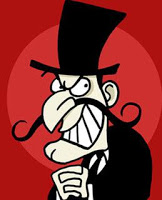


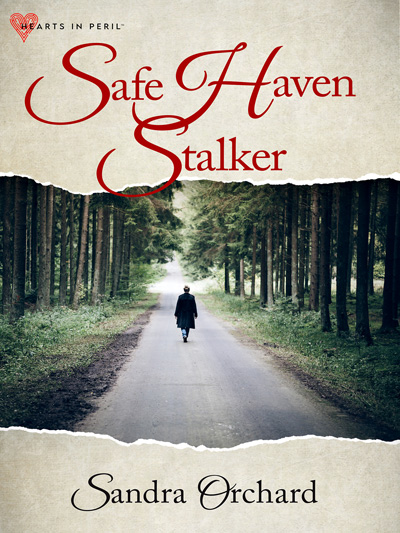

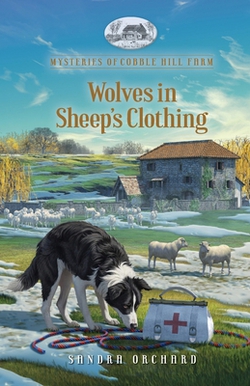

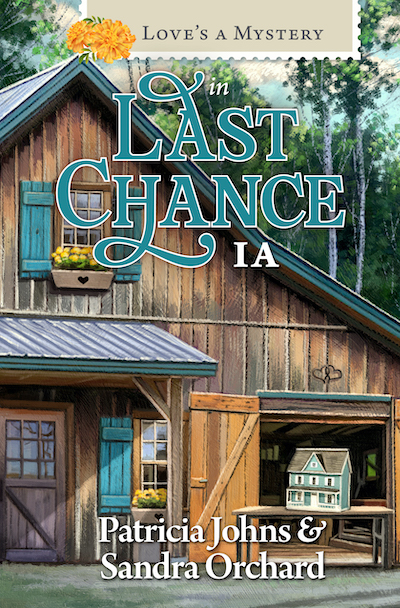

 RSS - Posts
RSS - Posts



